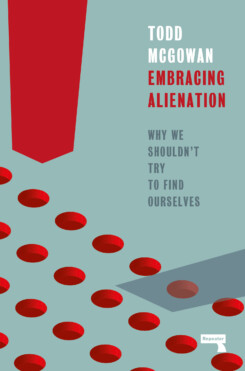£7.99 – £10.99
Should we shrink the law? One of Britain’s leading social justice barristers puts the case against the constant expansion of the law into new areas, and its greater control over more and more of our lives.
Since 2016, Britain has been ruled by populists, who have promised to expand democracy and decrease the law by taking back power from abroad. Yet what these populists have actually done is institute a vast increase in new laws, made by ministers and not Parliament, regulating every aspect of our lives.
Against this backdrop of ever-increasing laws and regulations, Renton argues that instead of seeking change within the bounds of the law, social movements should rather look to their own ability to force change, their willingness to protest, occupy and strike.
Against the Law dares us to imagine a world in which workers are winning, and ecocide is treated with the urgency that it deserves. But as this book argues, this world can only become a reality if the movements of the oppressed choose to disengage from the law.
David Renton is one of Britain’s leading social justice barristers. His clients have included Occupy protesters and blacklisted trade unionists. He writes regularly on law and justice for The Guardian and The London Review of Books.
“Renton is one of the most consistently interesting and imaginative political writers in Britain today, and this eloquent attack on the repressive legalism common to populists and neoliberals alike is one of his best yet.”
“Renton’s experience as a barrister and historian shines through in a learned, and eminently readable, account of the structure of law and the daily business of the Courts.”
“Meticulously researched and convincingly argued, Renton urges us to quit seeking liberation through legislation, instead wield our collective power for change.”
“A cogent, compelling argument that the pursuit of justice requires breaking with the hegemony of law.”
“All police and prison abolitionists should read this book… it is a timely and sharp intervention, reminding us that laws are not only oppressively enforced but are themselves be a tool of control.”
“Renton lobs the hard questions up from the practitioner’s trenches where he & his colleagues battle daily for employees, tenants and refugees.”




